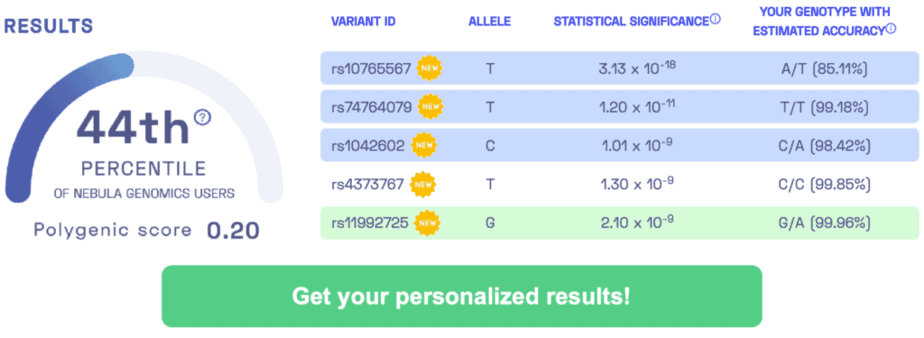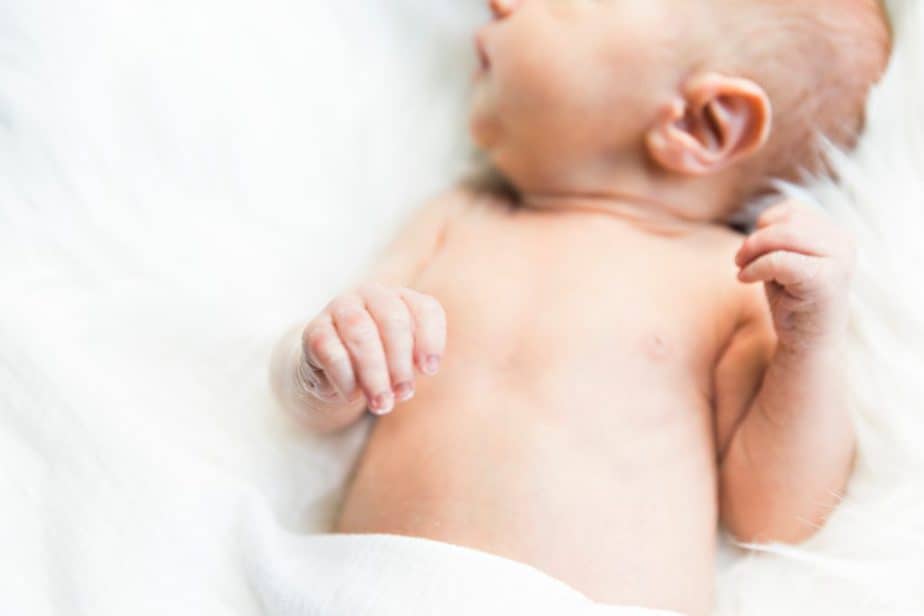STUDY TITLE: Genome-wide analysis identifies 12 loci influencing human reproductive behavior
SUMMARY: Discovery of 10 genetic variants associated with age at first birth.
OVERVIEW: Human reproductive behavior has been associated with infertility and neuropsychiatric disorders. While environmental factors (e.g. cultural and economics) are strongly linked to reproductive behavior, genetics is thought to explain up to 50%. This genome-wide association study of nearly 700,000 individuals of European ancestry found 10 variants associated with the age at first birth, a commonly used measure of reproductive behavior. Most of the discovered variants are much more significant in females than in males. Multiple variants are near genes that have roles in the production of sperm and eggs, as well as in the fertilization process when a sperm and an egg fuse. These findings may help explain why postponing reproduction may be more harmful to some than others and help develop drugs against age-related fertility decline.
DID YOU KNOW? The risk of Down Syndrome and some other chromosomal abnormalities significantly increases with the mother’s age. The effects of paternal age appear to be smaller. The most significant association is between paternal age and a form of dwarfism. [SOURCE]
SAMPLE RESULTS: Learn more about the Nebula Research Library.

VARIANTS ASSOCIATED WITH REPRODUCTIVE BEHAVIOR: rs2777888, rs2347867, rs10953766, rs6885307, rs10908557, rs1160544, rs242997, rs293566, rs10056247, rs2721195
ADDITIONAL RESOURCES:
Paternal age effect
Maternal age effect
WEEKLY UPDATE: December 5, 2019
